| Garden School: The Food Forest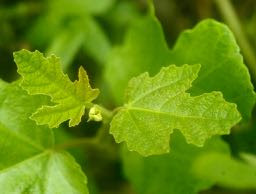 May 4 May 4
11 a.m. to noon
3310 N. Olie
$10 per person, $15 for couples/pairs, free to volunteers. Pay upon arrival. CommonWealth’s food forest is now two years old. We’ve had successes & failures, and we’re learning from both! Some of the tree saplings died the first year (I suspect because we were impatient and planted them into compost that was still hot instead of being fully decomposed) and certain weeds have gotten a happy foothold. On the plus side, we have a lush stand of comfrey that’s a magnet for the bees, other perennial herbs are well established now, the persimmons are leafing out, and we harvested a handful of figs last fall! (Photo shows new fig leaves emerging from that same tree.) So what IS a food forest, anyways? A permaculture food forest is a low maintenance, sustainable and productive garden of trees, shrubs, herbs, vines and perennial vegetables, based on the natural systems found in forests. Paul Mays guided us through the initial process of planning and planting our food forest in 2017. In this workshop, Paul will review the principals of forest gardening, and lead us in another round of planting to extend our perennial food production. We’ll plant our first pawpaw fruit tree, along with herbs, berries, nitrogen-fixers and pollinator plants. Instructor: Paul Mays, permaculturist for SixTwelve, a community education center in the Paseo neighborhood. COMING UP NEXT:
May 18: Growing and Using Yo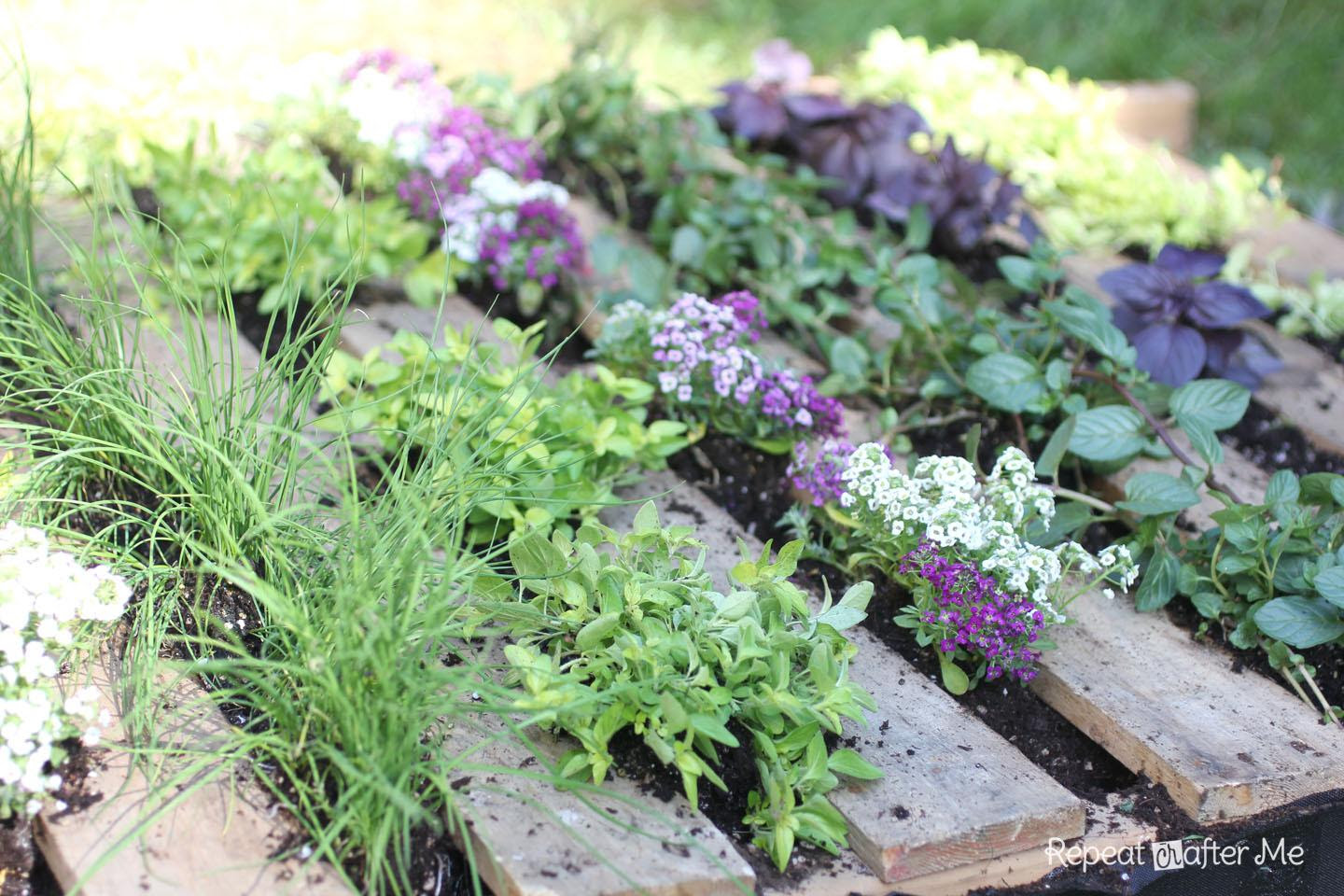 ur Sensory Herb Garden ur Sensory Herb Garden Come learn how to plant, use, and preserve those little leaves you’re so curious about – HERBS! Whether fresh, dried, or infused, using herbs is a great way to season your favorite foods in a healthy, wholesome way! If you’re looking to spice up your garden and kitchen with basil, chives, rosemary, mint and more, during this class we will explain the best ways to grow and plant herbs and provide sample recipes and demos to help you find creative ways to integrate them into a healthy diet. Herb seedlings will also be available for sale. Instructors: Bethany Williams, OU nutrition student and CommonWealth volunteer
Elia Woods, co-founder and farm manager of CommonWealth Check out the entire 2019 Garden School schedule here.
And consider this: You can sign up to be a CommonWealth patron at the level of $10 monthly and up and receive discounted Garden School admission. Learn more here:www.patreon.com/commonwealthurbanfarms | | Seedling Sale Saturday 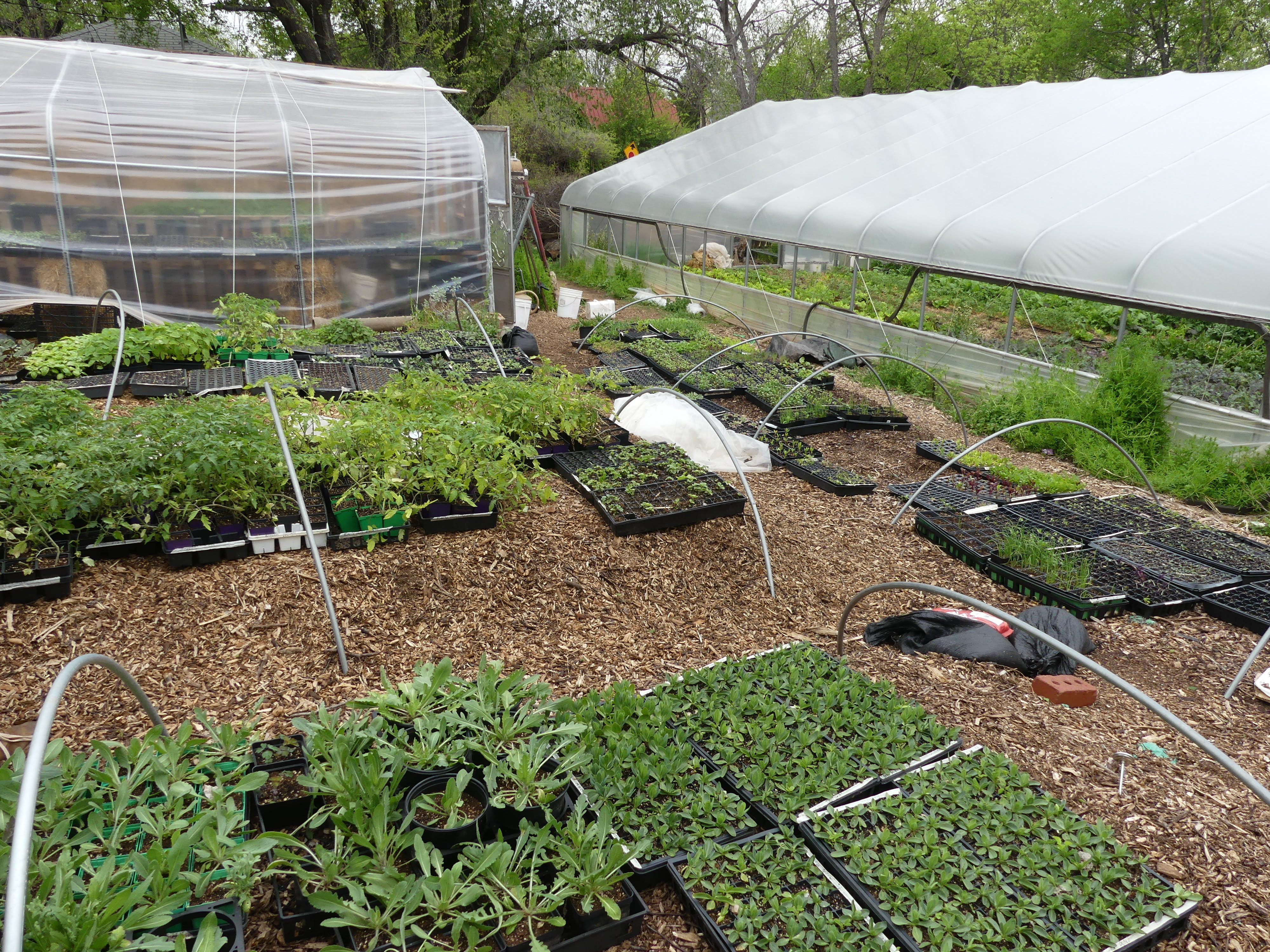 9 am to noon 9 am to noon
1016 NW 32, OKC (in front of the hoop house)
Ready to plant your garden? We have a variety of seedlings available for sale on Saturday mornings. Click here for details, updated weekly. Current availability includes:
Vegetables – tomatoes, sweet peppers, shishitos, chiles, eggplant, cucumbers (and okra, soon!)
Flowers & Herbs – snapdragons, lisianthus, columbine, cosmos, Benary’s Giant zinnias, Giant marigolds, blue salvia, scarlet sage, Cardinal basil, Black-Eyed Susan (rudbeckia), Blanketflower (gaillardia), hyacinth bean vine, milkweed, catnip and more. Seedling Spotlight: Salvias 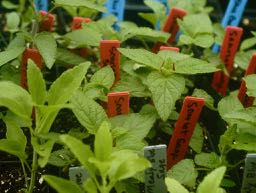 Salvias, or sage plants, come in a breathtaking number of varieties. Pictured here are three of my favorite salvias that are available as part of our seedling sale. Salvias, or sage plants, come in a breathtaking number of varieties. Pictured here are three of my favorite salvias that are available as part of our seedling sale.
In front is Mealy Blue Sage (Salvia farinacea), a hardy, drought tolerant perennial with violet-blue flowers that bloom all summer and attract butterflies. Care-free once established, it has reliably come back for us year after year, slowly increasing in size. Beautiful in the landscape, very easy to grow. I LOVE this plant! Behind that is Scarlet Sage (Salvia coccinea), an annual native to Texas and found throughout the southern U.S. Red tubular flowers attract butterflies. A grouping of scarlet sages planted together will give a stand-out show through the summer. Then there is Blue Bedder Salvia (Salvia farinacea), an excellent cut flower with lovely blue spikes on thin, sturdy stems that blooms through heat and drought. We use it in bouquets all summer long. Most people are familiar with culinary sage (salvia officinalis), the dried herb you use in the kitchen – we have some of that, too! We have these plus many, many more varieties of vegetables, flowers & herbs. Check out our webpage for updates on what’s available each week. -Lia | | Allen’s Class at Myriad Gardens: Hot and Cold Composting With Worms 
Myriad Botanical Gardens 301 West RenoLearn the basics of soil structure, soil testing, how to amend problem soil and the essential ingredients and steps in preparing, maintaining, and utilizing organic compost. To register, click here. | | Spinach Roll-ups Recipe Friends who got a taste of this delicious appetizer that Bethany shared at our recent Saturday cooking demonstration asked that we share the recipe. Happy to oblige! 
| | Meet our Apprentices: Lifus Todd 
Farming has always called to Lifus Todd, and it’s been a winding road. Houston, El Paso, Pine Bluff and Bremerhaven, Germany, were places the Todds, a military family, lived before moving to Lawton when Lifus was in the 6th grade. His grandfather had retired from the military there and established a farm with chickens, cattle, a huge garden. At the time, there was transition in the family as two families blended. And it was being on the farm that helped make the blending smoother, as they all worked together in the garden. Lifus, early-on a reader of Charlotte’s Web, joined the FFA and showed pigs and steers. Then his father was transferred to the DC area. Lifus looked for an FFA and couldn’t find one, so after his sophomore year he returned by himself to his grandparents’ farm for his last two years in high school. Fortunately, his father was able to bring the rest of the family back to Lawton Lifus’ senior year. His grandfather was ill with cancer the year Lifus spent alone with his grandparents and Lifus helped care for the farm. “I learned how much work it takes,” he says. “That was the year the pump went out on the irrigation system, so I carried a bucket of water from the pond to pour on each plant everyday.” He also learned that year about building fences. “I was learning to drive and ran over fences. Then I learned how to fix them.” While he was pulled toward agriculture, he couldn’t imagine how he could ever farm on a commercial scale without lots of land. So instead of accepting a full ag scholarship to Langston University he followed his father’s and grandfather’s path into the military and went to West Point. “It was a tough choice,” he says. At West Point, his kidneys began to fail and he had to leave school. As he dealt with his medical situation, including dialysis and eventually a kidney transplant, he attended Langston then graduated from Cameron University in Lawton with a degree in accounting. Hoping for a more flexible work schedule to deal with his health, he attended law school as well. He has been working since the transplant as an accountant and caught up with his family in Arkansas where his father retired from the military—and, you guessed it, developed a big garden. During those years he learned there are other ways to farm. “I’ve spent my whole life trying to get back to the farm,” he says. “I learned you don’t need a lot of land. There are small scale ways of producing a lot of food.” Halfway into his apprenticeship at CommonWealth, he is learning more about growing vegetables. He is also taking a class in growing pecans at Oklahoma State University and marketing gardening through Langston, OSU and the Noble Foundation. “Ideally, I’d like to have a pecan orchard, grow cattle and eat from the farm; eating nutrient-dense food.” It’s not only the food that agriculture offers; Lifus says, “home grown spinach tastes different than spinach in salad you make from the store.” “Agriculture offers a community of people who are there for you, and expect nothing. People help each other. Growing food together brings people together. It’s a very honorable way of life.” | | Check out our Beginning Gardener Video Series – How to Grow a Vegetable Garden Even Though You’ve Never Planted a Seed in Your Life We designed this video series to help beginners have a successful, productive garden. In small bites each week, we cover how to get started, where to find the stuff you need, what to plant and when to plant it, what to do when you spot a bug, how to water, how to harvest, and what to do with those yummy vegetables you’ve never eaten before. | | 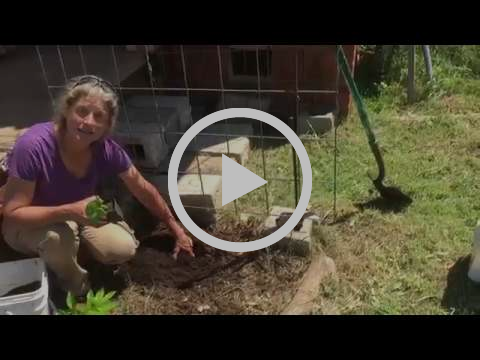 | | Planting Cucumbers! | | |